
Mr. Dau Anh Tuan emphasized that for the first time, the private economic sector has been identified as the most important driving force of the economy in the coming period - Photo: VGP/Quang Thuong
Excitement from the business community and legal progress
Mr. Dau Anh Tuan shared: "As soon as Resolution 68 was signed, from large corporations to small businesses, everyone was excited and they had been waiting for this for a long time. Resolution 68 clearly affirmed the position of the private economic sector, with practical and revolutionary policies."
The first breakthrough of Resolution 68 is the elimination of long-standing prejudices and suspicions about the role of the private economy. For the first time, this sector is identified as the most important driving force of the national economy. In addition, the resolution also sets out very specific policies such as tax exemption for the first three years, eliminating business license fees, creating conditions for small and micro enterprises to participate in areas that are "forbidden zones" reserved for state-owned enterprises such as defense industry, security and justice.
One of the policies that has been particularly welcomed by businesses is the clear separation between personal and legal liability in economic violations. According to Mr. Dau Anh Tuan, this is a huge step forward in legal reform: "The Resolution has established a policy of prioritizing the application of administrative, civil and economic measures to violations before considering criminal solutions. Criminal solutions are only applied after economic remedies and compensation measures have been ineffective. This helps to minimize legal risks, create a safer business environment and is consistent with international practices."
This policy is expected to help the private sector feel secure in its operations, avoiding the criminalization of minor economic violations. This is also an important highlight to help Vietnam's business environment become more friendly and attractive to domestic and foreign investors.
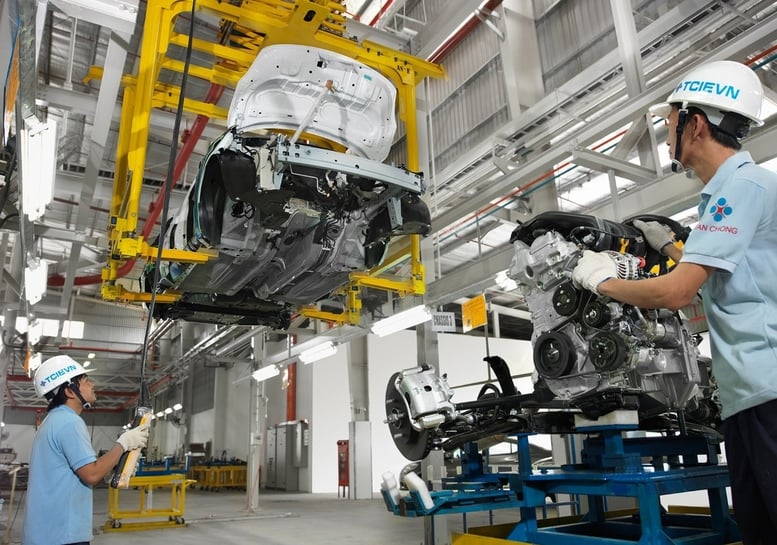
To remove barriers, private businesses must have equal access to capital.
Unblocking capital flows and access to resources
One of the biggest barriers that makes it difficult for private enterprises to develop is inequality in access to resources. Mr. Dau Anh Tuan pointed out: "State-owned enterprises are provided with capital, FDI enterprises are guaranteed and have low interest rates, while domestic private enterprises have to swim on their own, take care of capital with high interest rates."
To overcome this situation, Resolution 68 proposes a group of important solutions to improve access to capital for private enterprises. The most notable of these is the policy of encouraging banks to lend based on cash flow instead of collateral. Mr. Dau Anh Tuan commented: "This is a substantial change, because most small and medium-sized private enterprises lack collateral but have the ability to operate flexibly and have stable cash flow."
Along with that is the encouragement to establish funds to support small and medium enterprises, but with a more market-oriented and open mobilization mechanism, instead of depending entirely on the state budget. "These funds must have stronger capital mobilization channels and operate according to a flexible mechanism, otherwise they will not have enough strength to effectively support the private sector," Mr. Tuan emphasized.
Not only capital, land is also an inherent bottleneck. Resolution 68 requires localities to reserve separate land funds for private enterprises when planning industrial zones and clusters - something that has never been clearly established in previous policies. At the same time, Vietnam must complete the national land database by 2025 and conduct land transactions on an online platform. "This is not only an administrative reform but also a way to create a transparent playground and reduce the cost of accessing resources," Mr. Tuan assessed.
Regarding technology and data (new resources of the digital economy), Resolution 68 continues the spirit of Resolution 57 with a series of strong tax incentives: Investment costs for research and development (R&D), as well as innovation, are tax deductible up to 200%. "This is a necessary investment to enhance competitiveness and bring private enterprises into higher-tech playgrounds, deeper in the global value chain," Mr. Tuan emphasized.
These orientations, if implemented synchronously, will help unblock not only capital flows but also the resource ecosystem for the dynamic private sector to be fully energized.
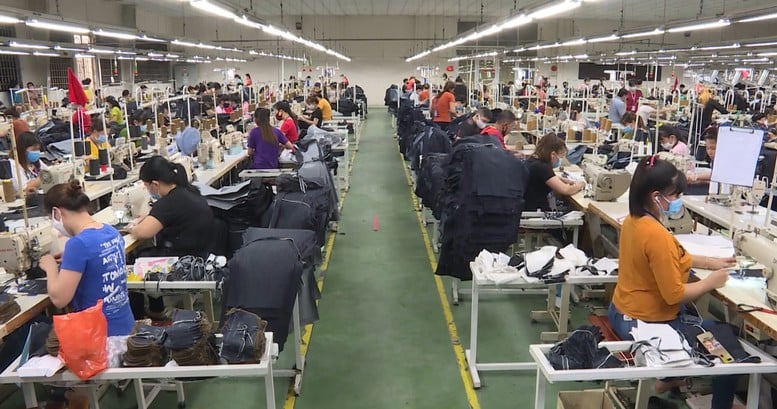
The increase in the number of businesses will create millions of jobs.
Motivation from the goal of developing private enterprises
One of the ambitious and breakthrough goals of Resolution 68 is that by 2030, Vietnam will have 2 million enterprises and by 2045, this number will increase to 3 million. This is not just a simple addition of the number of enterprises but also a testament to the transformation of the private economy, from being considered weak and fragmented, to becoming a key driving force of the national economy.
Mr. Dau Anh Tuan commented: "Vietnam currently has about 960,000 enterprises, while there are about 5 million individual business households. If tax policies, accounting and business procedures are adjusted in a more friendly direction, many households will boldly convert." This is the key point: converting from individual businesses to official business models is not just a matter of procedures, but the process of enhancing the role of the private economy in the national economic ecosystem.
Achieving this goal will create millions of jobs, increase budget revenue and put the Vietnamese economy on a sustainable growth trajectory. It is also an opportunity for Vietnamese enterprises to rise up in the global value chain, becoming important links in the international production network.
To achieve this ambitious figure, consensus is needed from both the central and local levels, from policy-making agencies to implementing enterprises, to bring Vietnam's private economy to a new level.
From talk to action: When policy comes to life
Immediately after Resolution 68 was issued, the Government quickly began implementing it with specific actions. Within just a few days, guiding decrees were drafted and submitted to the National Assembly for early implementation. This demonstrates the Government's strong determination to ensure that the policies of the resolution are implemented effectively, not just stopping at the policy level. This is a positive signal showing the synchronization from the central to local levels, from the planning stage to the implementation stage.
For Resolution 68 to truly become a driving force for development, the most important thing is still the shift from management thinking to support thinking. According to Mr. Dau Anh Tuan: "When management thinking changes, the private economy will truly become a strong driving force, contributing to building a sustainable and dynamic national economy."
Resolution 68 is opening a new page for Vietnam's private economy. However, the entire political system, especially management agencies at all levels, needs to accompany businesses. Surely the private economy will truly take off, contributing to the prosperous development of the country.
Hoang Thu Trang
Source: https://baochinhphu.vn/nghi-quyet-68-nq-tw-buoc-ngoat-lich-su-cho-kinh-te-tu-nhan-viet-nam-10225050823092803.htm


![[Photo] Ready for the top competitions of Vietnamese table tennis](https://vphoto.vietnam.vn/thumb/1200x675/vietnam/resource/IMAGE/2025/5/18/9c547c497c5a4ade8f98c8e7d44f5a41)

![[Photo] Party and State leaders visit President Ho Chi Minh's Mausoleum](https://vphoto.vietnam.vn/thumb/1200x675/vietnam/resource/IMAGE/2025/5/19/d7e02f242af84752902b22a7208674ac)
![[Photo] Many young people patiently lined up under the hot sun to receive a special supplement from Nhan Dan Newspaper.](https://vphoto.vietnam.vn/thumb/1200x675/vietnam/resource/IMAGE/2025/5/18/6f19d322f9364f0ebb6fbfe9377842d3)

![[Photo] Party and State leaders attend the special art program "You are Ho Chi Minh"](https://vphoto.vietnam.vn/thumb/1200x675/vietnam/resource/IMAGE/2025/5/18/6895913f94fd4c51aa4564ab14c3f250)
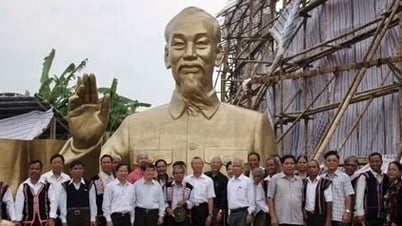



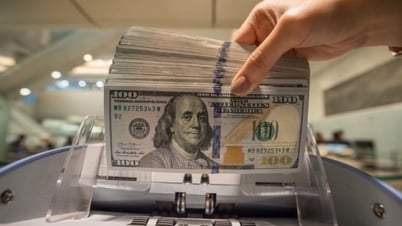


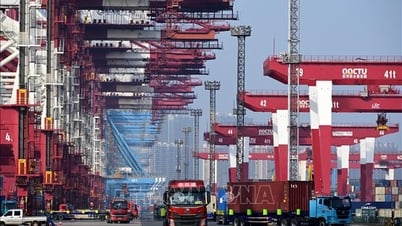




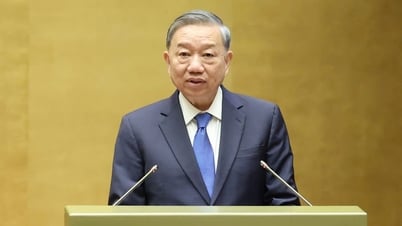


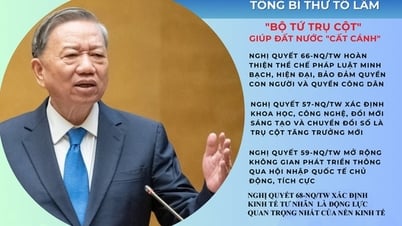
















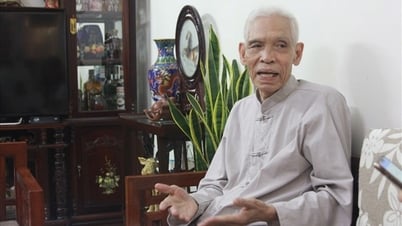







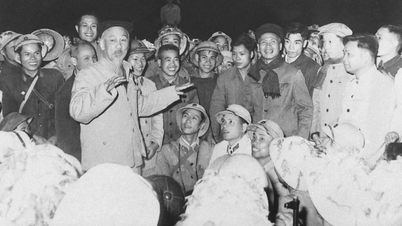


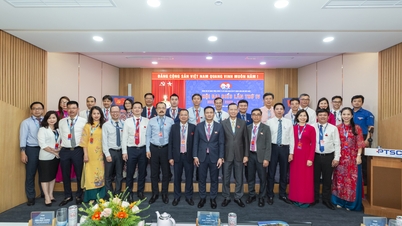




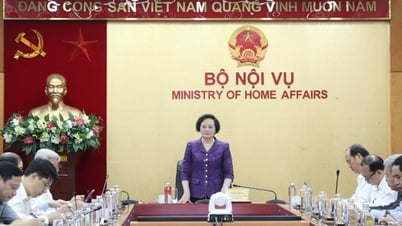

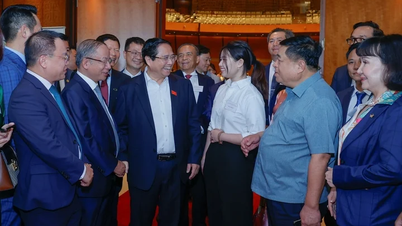














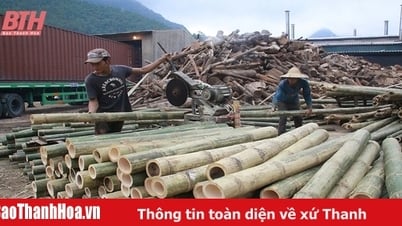



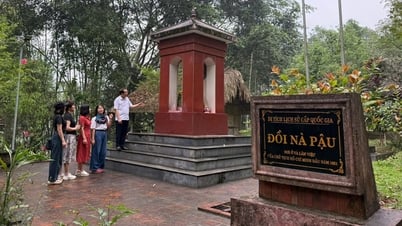

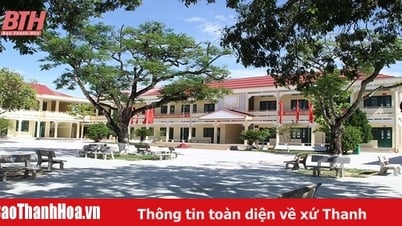
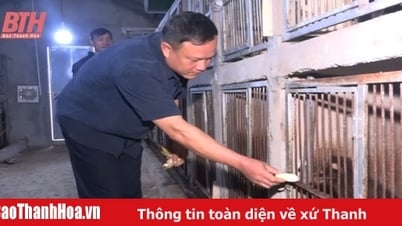
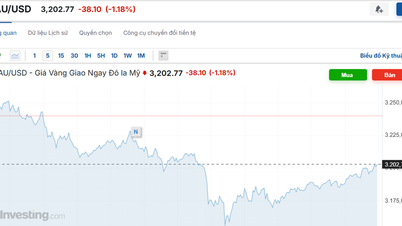










Comment (0)